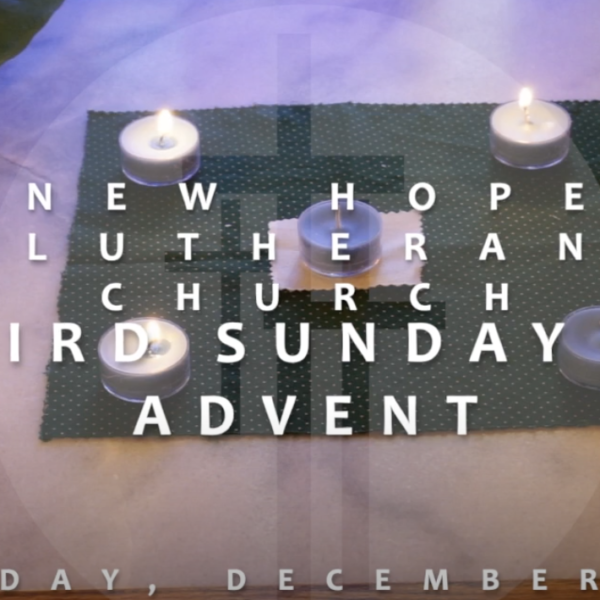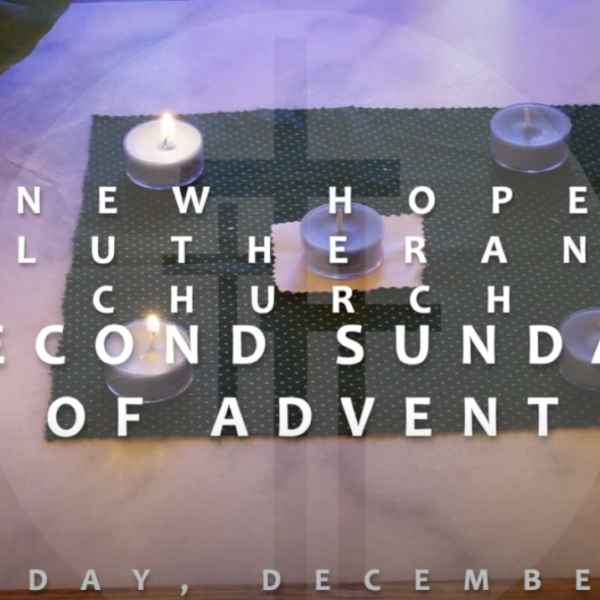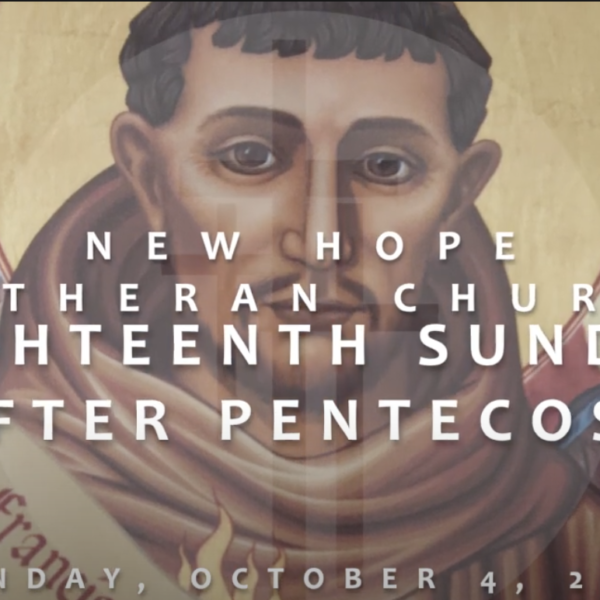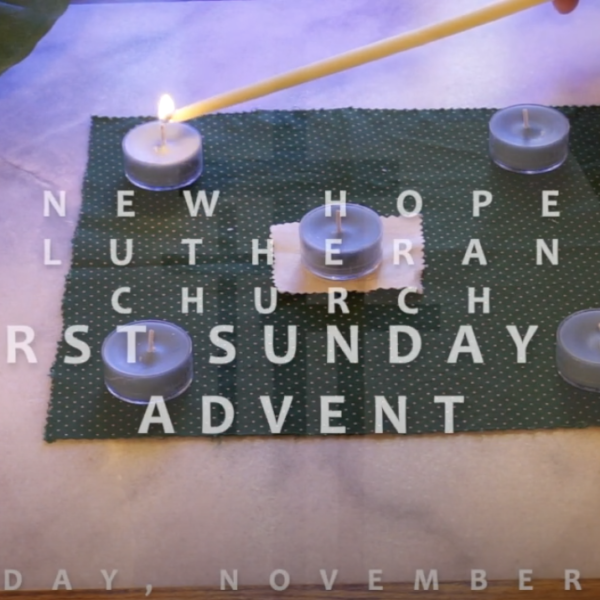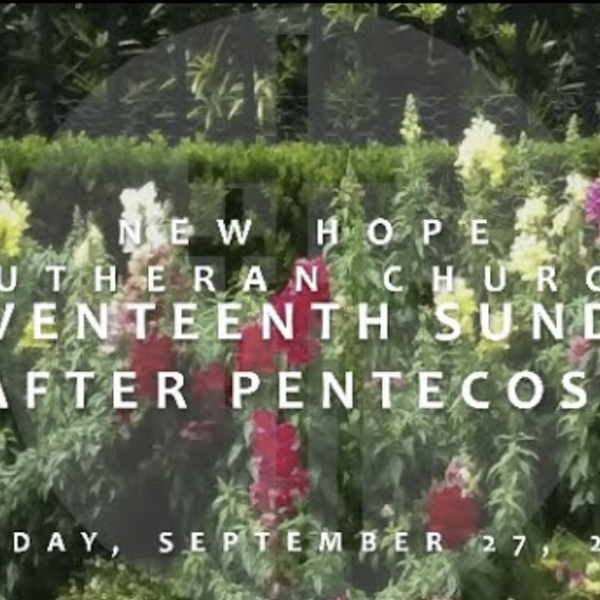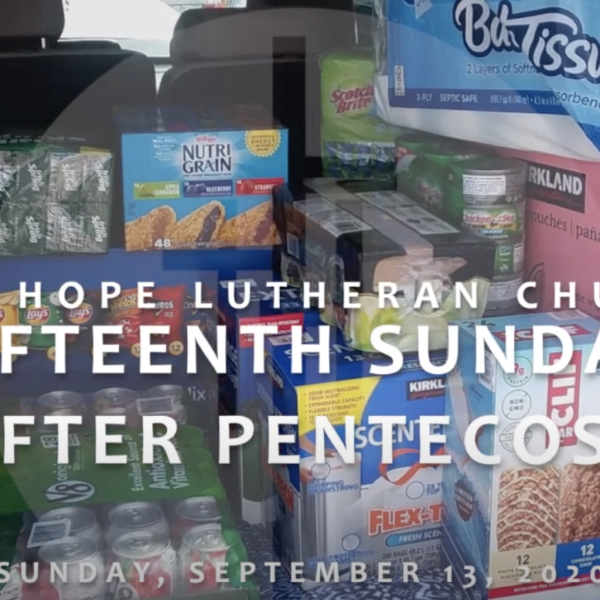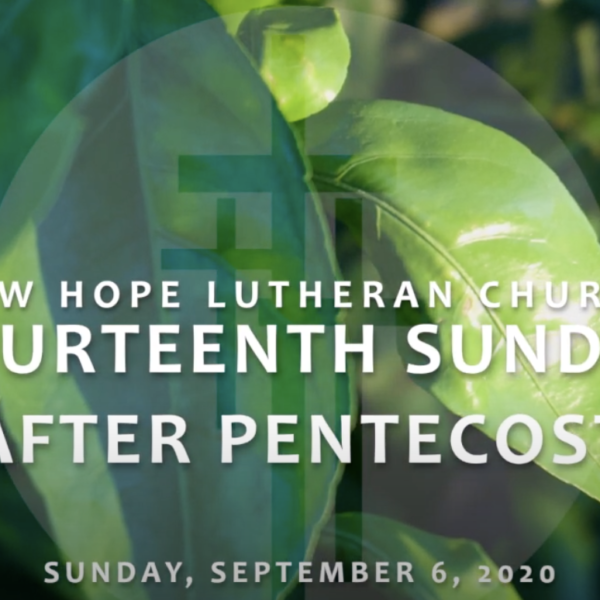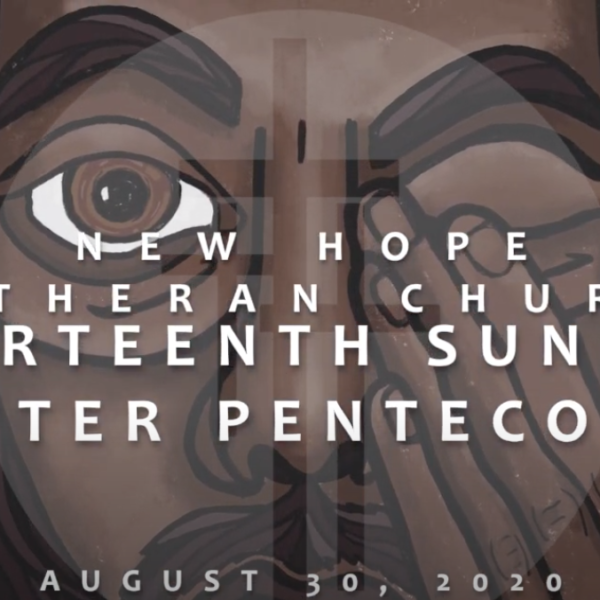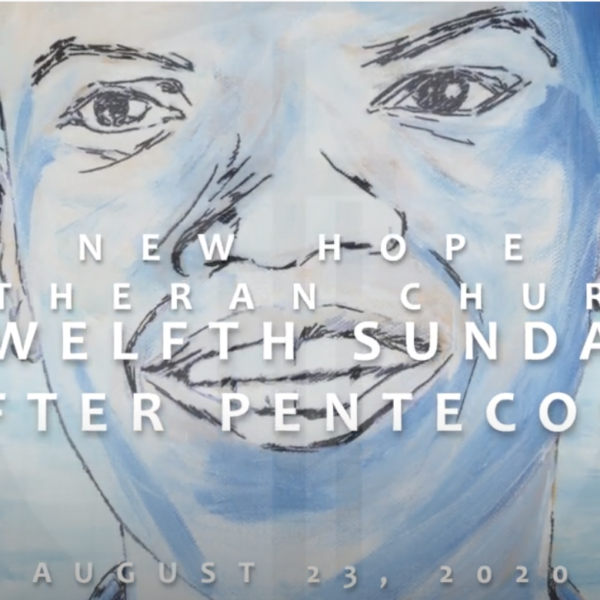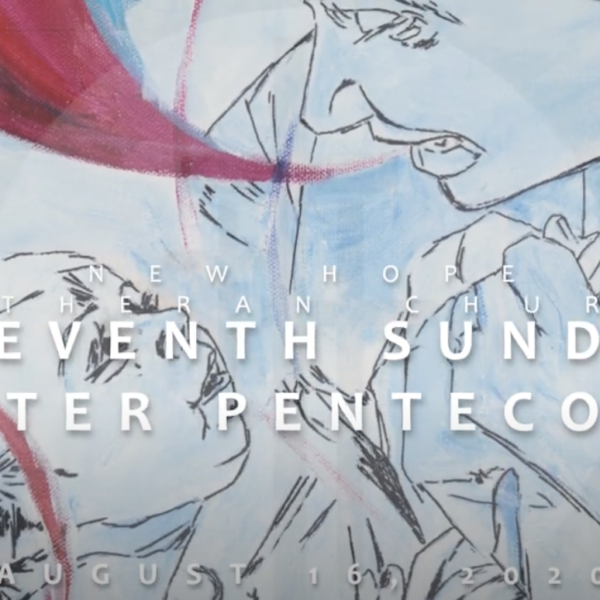Third Sunday of Advent
John 1:6-8, 19-28
6 There was a man sent from God, whose name was John. 7 John came as a witness to testify to the light, so that all might come to believe through John’s testimony. 8 John himself was not the light, but came to testify to the light.
19 And this is the testimony given by John when the Judeans sent priests and Levites from Jerusalem to ask him, “Who are you?” 20 John confessed—and did not deny it—but confessed, “I am not the Messiah.” 21 And they asked John further, “What then? Are you Elijah?” John said, “I am not.” “Are you the prophet?” John answered, “No.” 22 Then they said to him, “Well who are you? Let us have an answer for those who sent us. What do you say about yourself?” 23 John said,
“I am the voice of one crying out,
‘In the wilderness, make direct the way of the Lord,’”
as the prophet Isaiah said.
24 Now the ones questioning John had been sent from the Pharisees. 25 And they asked him, “Why then are you baptizing if you are neither the Messiah, nor Elijah, nor the prophet?” 26 John answered them, “I baptize with water. Among you stands one whom you do not know, 27 the one who is coming after me; the strap of whose sandal I am not worthy to untie.” 28 This took place in Bethany across the Jordan where John was baptizing.
—————
Please pray with me this morning, church:
God of Joy,
Stir up your power,
And break in to our world.
Keep us mindful of those moments of joy.
Help us share our joy
To our weary world.
Amen.
—————
What gives you joy?
When is a particular moment that you rejoiced in?
Especially when you struggle to find happiness, what helps you to be joyful?
What a time to talk about joy, right? All of these Advent themes seem a bit adrift for me this year… And maybe they do for you, too.
I mean, hope, peace, joy, and love…? In such a time as this…?
I mentioned a couple of weeks ago that it’s not that I’m a particularly despairing person, it’s just that I’m a bit of a realist, and sometimes a bit too much of a realist. Sometimes it’s difficult to hold things in tension. Like the tension between hope, peace, joy, and love…and the stark realities of a global pandemic. Sometimes our life circumstances are such that we find it difficult to muster up some of the more positive feelings and emotions.
And I’ve said this before here, too…that’s why what we do together as a community of faith is so vital. Because the truth about us is, we’re not always full of joy and hope and peace and love all the time. Sometimes we’re sad or hurt or angry or despairing. But…because we are part of a community…because we do this whole thing together…we are helped along by one another. This means that I won’t always be the joyful one…but maybe you’ve had some moments of joy this week and you can shoulder some of my load and share some of your joy with me. And other times, maybe you’ll be struggling…but I’ll have had a joyful day or two and I can shoulder some of your burdens and share some of my joy with you…
We are given to one another to help one another. To shoulder on another’s burdens. And to lift one another up.
This is our witness.
This is our truth that we have to proclaim to the world.
A world, I think, that is longing to hear it.
This morning, we have another vignette of John the baptizer out in the wilderness. This time from the Gospel of John. And John the baptizer is questioned about who he is…questioned about his truth, his witness. And in the face of this questioning, John is very clear about who he is and who he is not.
“Are you the Messiah?”
“Are you Elijah?”
“Are you the prophet?”
None of these. John is very clear, “I’m the one pointing the way.” John’s entire witness is one of testimony. John the baptizer’s entire role is to tell the truth about Christ. One who is more powerful than John. One whose sandal John isn’t worthy to untie.
One whom the world doesn’t know.
John the baptizer is very clear about who he is and who is not.
What’s our witness during this time, church?
In such a time as this, to what are we testifying?
Our verses from Isaiah might have sounded familiar to you this morning. Jesus quotes them in the Gospel of Luke when he gets up to read in the temple for the first time in Luke chapter 4.
1 The spirit of the Lord is upon me,
because the Lord has anointed me;
to bring good news to the oppressed,
to bind up the brokenhearted,
to proclaim liberty to the captives,
and release to the prisoners;
2 to proclaim the year of Jubilee,
and justice for our God;
to comfort all who mourn…
These are Jesus’ first public words in the Gospel of Luke. I’ve called them Jesus’ manifesto or his Inaugural Address. This is what Jesus says he’s about…what Jesus is going to do.
What’s our witness during this time, church?
In such a time as this, to what are we testifying?
In a weary world…are we proclaiming a thrill of hope? Are we proclaiming a message of rejoicing?
Joy is different than happiness. Happiness is a condition, it comes and goes. It’s fleeting.
Joy is more abiding. Joy has staying power.
I’ve heard more than a few of my friends this week talk about how difficult all this is. Many of them teachers. A lot of them nurses and doctors. The world is weary, church.
It seems as if, collectively, the fatigue of all of this is coming to a head. And it makes me worry if we might not make it through this current surge…
But then also, my sister says something about the joy she feels when she plays with her two girls…our nieces. My sister, the ER nurse… My sister who puts her life on the line in service of others…
If she can find moments of joy…surely I can look a little more closely…
And I start to notice…
This kindness… That act of caring… This injustice made right… That relationship saved…
It’s like I mentioned a few weeks ago on Reign of Christ Sunday. Sometimes what we need is a bit of perspective.
Sometimes we just need a little help noticing the joy…

